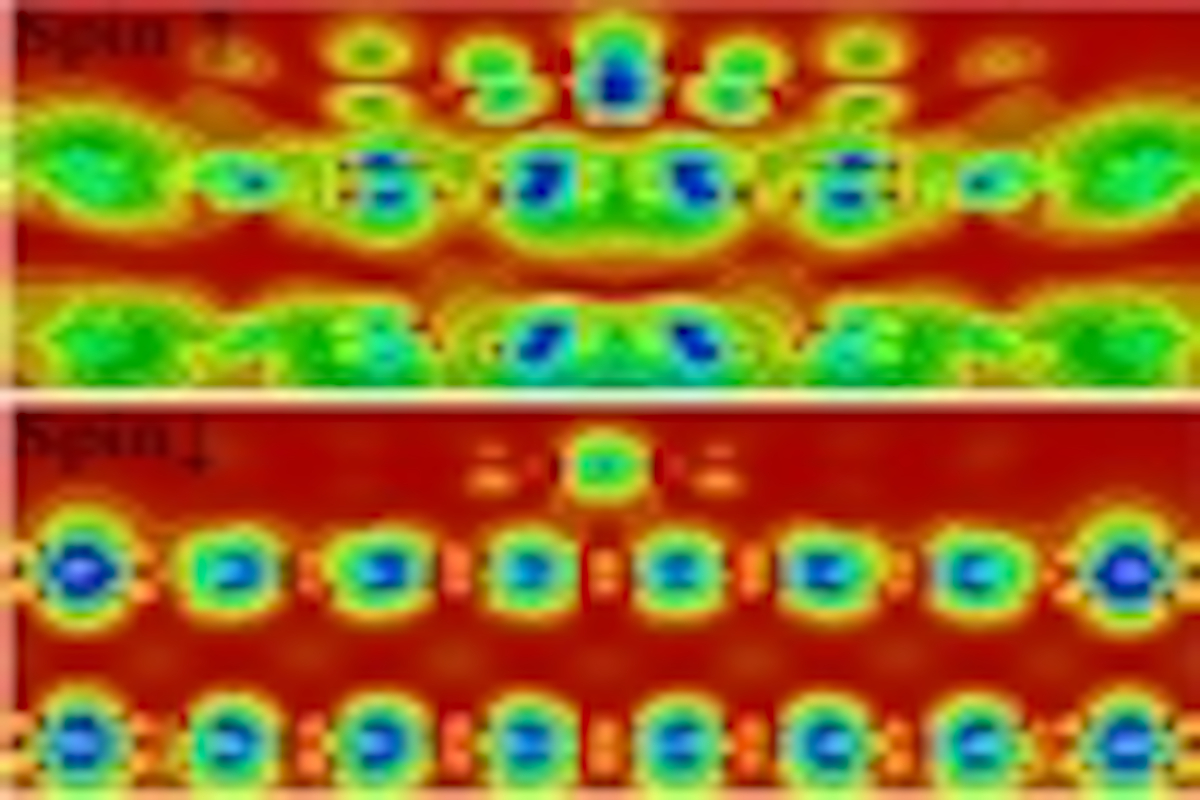Organic spintronics is at the interface between spintronics and organic electronics and benefits from the versatility of molecular engineering integration. The ultimate version is molecular spintronics (one component=one molecule) with the perspective of realizing ultimate miniaturized spin switches. Studies are motivated by the large spin diffusion time expected in molecular systems. Magnetoresistive effects are indeed observed for spin valve devices including small molecules, like Alq3, though hyperfine interactions might be a limitation in a number of cases. Actually the outstanding properties of these spin valve devices can be understood by assuming a peculiar spin-dependent hybridization at the interface between a ferromagnetic electrode and the molecules, revealing how details of these interfaces can modify completely the magnetoresistance that can drastically vary locally. Mastering and controlling this rich behaviour is a key challenge of realization of robust devices of controlled properties by design. Local probe investigations can ultimately resolve spin dependent spectroscopic data related to surface states responsible for spin-dependent transport , . The use of lateral devices is more demanding in terms of nanofabrication and characterisation of the molecule bonds to the contacts , but the opportunity to use gate electrodes leads to a rich variety of physical effects (Kondo effect, Coulomb blockade…).
Spintronique organique

